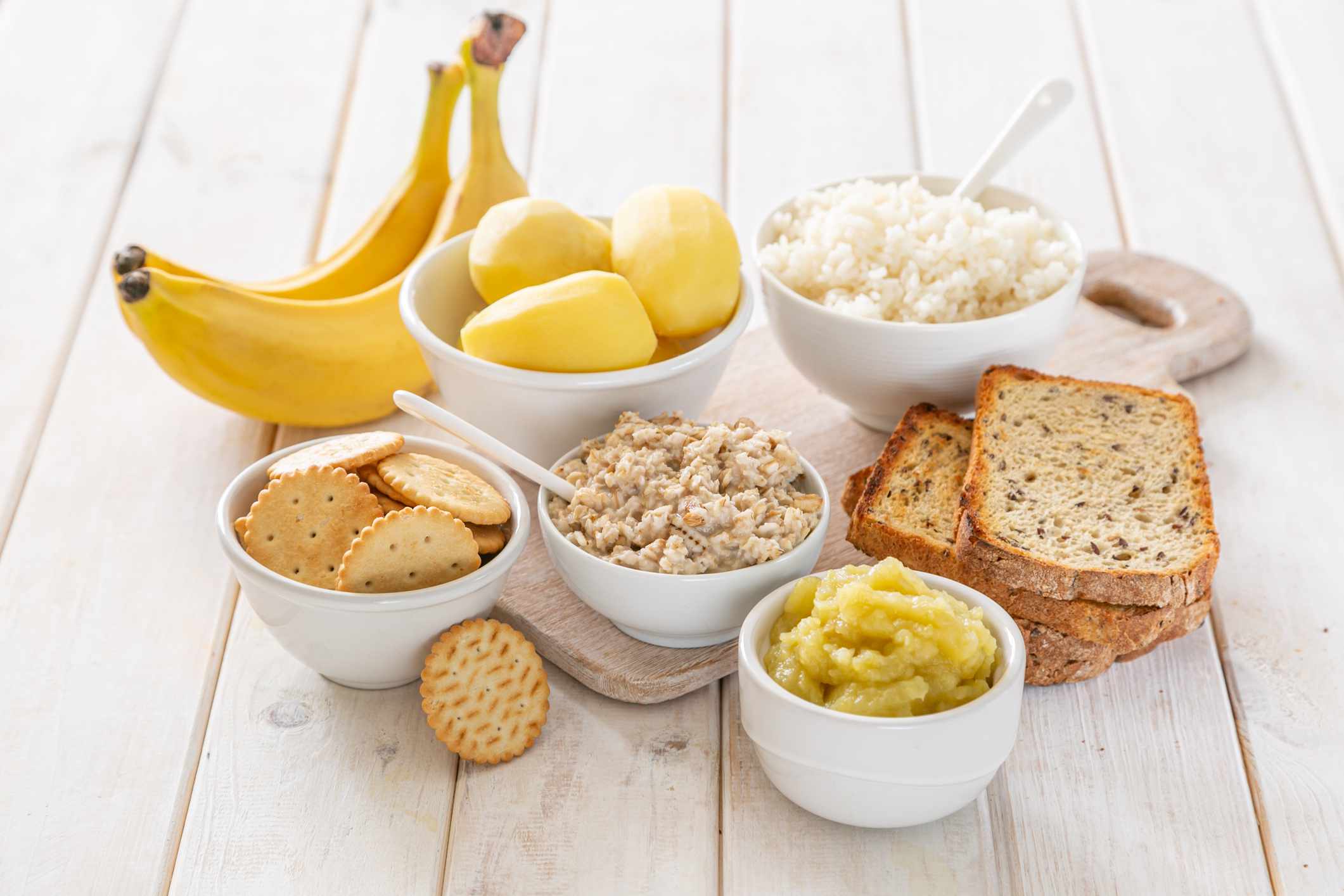Irregularity happens when you have less than three bowel movements (or, poops) per week. As an outcome, you may experience signs such as bloating, feeling gassy, and stomach discomfort.
Research study suggests that about 16% of people in the United States experience irregularity signs– and this number goes up as you age. But, experts suggest that making dietary modifications can enhance your symptoms.
While certain foods like whole grains and veggies can bring relief, foods that are high in fat or processed can aggravate your condition. That’s why understanding which foods you ought to prevent when you’re constipated can enhance your bowel movements and overall lifestyle.
Signs of Constipation
While irregularity prevails, it can produce agonizing signs. You might be constipated if you experience any of the following symptoms:
Less than 3 bowel movements in a week
Difficult, dry, lumpy stools
Stools that hurt or difficult to pass
A sensation that you still require to poop even after using the restroom
Foods That Worsen Constipation
Research suggests that eating specific foods can make it difficult to pass defecation. These consist of foods that are:
High in salt
High in sugar
High in saturated fat
Low in fiber
To help in reducing constipation symptoms, here are some foods that you may consider avoiding.
Processed Foods
Eating highly processed foods has actually been associated with a range of intestinal (stomach-related) conditions, consisting of irregularity or diarrhea. This is since tend to be high in fat, sugar, and sodium (salt).
Taking in excessive salt can reduce the quantity of water in your poop, which makes it more difficult for stool to travel through the digestion system. Research studies suggest that foods high in sugars and saturated fats can intensify constipation since they slow down your food digestion and ability to pass stool.
Some processed foods can likewise be low in fiber material. Fiber is a kind of carbohydrate that your body isn’t able to absorb. Your body digests and breaks down many kinds of carbohydrates into sugars. Nevertheless, fiber goes through your digestion system without breaking down, which assists control your blood sugar level and also softens your stool (poop) to assist it move through your body more quickly.7.
Some examples of processed foods that may aggravate constipation symptoms include, however re not limited to:.
Bread.
Breakfast cereals.
Pasta.
Pre-packaged frozen meals.
Snacks such as potato chips or pretzels.
Soda and energy drinks.
Deli meat.
Fried Foods.
Fried foods tend to be high in salt and saturated fat. Research suggests that diets that are low in saturated fats improve the frequency of your defecation. This is because saturated fats can slow food digestion.
The following fried foods may be worth preventing if you’re experiencing constipation:.
French french fries.
Fried chicken or fish.
Onion rings.
Churros.
Donuts.
Egg rolls.
Falafels.
Mozzarella sticks.
Karaage.
Samosas.
Deep fried pizza.
Eggs.
Some specialists suggest that consuming a lot of eggs may cause irregularity, especially in older grownups. This is believed to be due to the high protein, however low fiber content in eggs. Nevertheless, other scientists think that eggs can really help irregularity due to the fact that they include digestible proteins that help soften stool.
Since research study is clashing presently, studies on the connection in between eggs and constipation remain continuous. If you decide to eat eggs while constipated, think about combining them with high-fiber foods such as:.
Spinach.
Broccoli.
Avocado.
Whole grains.
High-Fat Meats.
Some types of meats can be high in saturated fat and low in fiber, triggering difficulty to pass defecation regularly. To ease irregularity signs, it may help to avoid the following high-fat meats:.

Hotdogs.
Sausages.
Salami.
Bacon.
Beef.
Lamb.
Pork.
Chicken with the skin.
Dairy Products.
Some individuals report having irregularity after taking in cheese, milk, and other full-fat dairy items. This might be since dairy items can consist of high quantities of saturated fat and low amounts of fiber.
Dairy items likewise contain lactose, which might cause irregularity in individuals with lactose intolerance– a kind of level of sensitivity that makes it challenging to process lactose, a typical sugar discovered in milk.Research likewise suggests that a type of milk protein called casein may slow down how quickly your body digests food and intensify irregularity symptoms.
If you’re experiencing irregularity, it might help to limit your intake of the following full-fat dairy products:.
Whole milk.
Ice cream.
Sour cream.
Cheese.
Custard.
Rather, consider attempting yogurt with added probiotics, which may enhance bowel function and digestive health.
Sugary Foods.
Foods that are high in sugar tend to be low in fiber, inhibiting your body’s capability to digest foods with ease. That said, avoiding the following foods might improve irregularity signs:.
Chocolate.
Cakes.
Tough sweets.
Pastries.
Cookies.
Pies.
Jams.
Remember: while fruits are naturally high in sugars, they likewise contain fiber. This normally surpasses the unfavorable results that sugar has on your digestive system function and your ability to pass stool.
Foods That Can Help You Poop.
When you’re constipated, it’s crucial to remain hydrated and concentrate on consuming foods that are high in fiber.7 Good sources of dietary fiber include:.
Entire grains: Whole wheat bread, entire wheat pasta, bran flakes, and oatmeal.
Legumes: Lentils, kidney beans, black beans, chickpeas, and soybeans.
Nuts: Almonds, peanuts, walnuts, and pecans.
Vegetables: Broccoli, spinach, carrots, green peas, and collard greens.
Fruits: Oranges, pears, apples, and berries.
It’s essential to increase your fiber intake slowly. Consuming too much fiber simultaneously– specifically if your body isn’t utilized to a high-fiber diet– can trigger gas, bloating, or stomach cramps.
Additionally, fluids can likewise make it simpler to poop. Experts recommend drinking lots of water, clear soups, and natural fruit or vegetable juices to assist improve the frequency of bowel movements.When to Contact a Healthcare Provider.
Irregularity is a common condition that many people in their life will experience a minimum of as soon as. The majority of the time, constipation is not severe and deals with after a short time.
But sometimes, constipation can be a hidden sign of a more severe health condition like irritable bowel syndrome (IBS) or bowel blockage. Contact your doctor if you experience irregularity that does not resolve with at-home treatment or is accompanied by the following signs:.
Lower neck and back pain.
Unintentional weight reduction.
Severe stomach discomfort.
Failure to pass gas.
Vomiting.
Fever.
Bloody stools or rectal bleeding.



